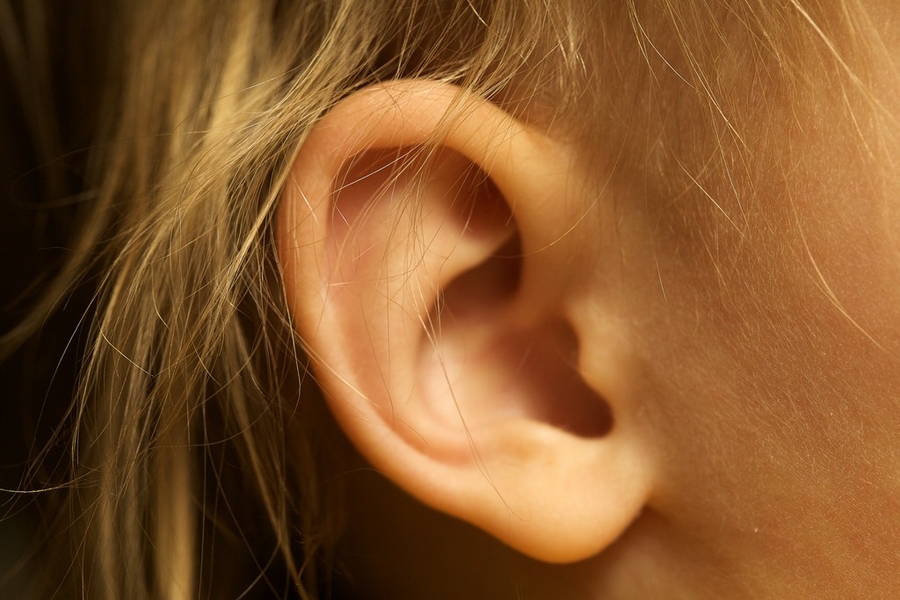
Most Important Signs Of Ear Infection In Toddlers
6 Jul 2018 | 4 min Read
Babychakra
Author | 1369 Articles
Ear infections are one of the most common health problems in babies and toddlers. These can be varied in their nature – both in terms of causes and symptoms – making it difficult for parents to identify the problem, especially when the child is still not old enough to convey it in words. Mostly, ear infections in toddlers are not a serious health concern, but certainly one that puts them in great discomfort because of the accompanying pain. It is important to watch out for some of the most obvious indicators of ear infections in toddlers and babies to be able to get them the right medical attention in time.

Ear Infection in Toddlers
Ear infection in toddlers and babies is referred to as Otitis, which typically affects the ear canal or the middle ear but only rarely reaches the inner ear. The location of the infection can vary depending on the cause and manifest in form of different symptoms. In most cases, these are brought on by viral or bacterial infections carried on from other illnesses such as flu, cold, or allergies. The presence of bacteria or viruses can lead to inflammation in the Eustachian tubes. This inflammation narrows the passage of the tubes, causing the mucus and other normal secretions to get trapped in there. The trapped fluid not only exerts pressure on the ear but also serves as the perfect thriving ground of bacterial growth, causing pain and irritation.
Signs of Ear Infections in Toddlers

Ear infections in toddlers are more common than they are in older children and adults because the Eustachian tubes in children’s ears are narrower and can get blocked easily. Secondly, the adenoid tissue present at the end of the nasal passage for fighting off infections in young children is highly prone to inflammation, which can block the passage of the Eustachian tubes and hinder them from draining fluids into the throat.
Ear infections in toddlers are characterised by the following symptoms:
• Pain in the ear. In case your baby isn’t old enough to say that they are in pain, they may indicate it by tugging at their ears or being excessively fussy and cranky.
• In case of ear infections, toddlers may have trouble sleeping as the pain and irritation becomes more pronounced while lying down.
• As infection in the ear can make chewing and swallowing food painful, reduced appetite is a classic symptom to watch out for.
• In some cases, an ear infection may also be accompanied by vomiting, diarrhoea, or both, as the bacteria or viruses infecting the ear can also impact the gut.
• A whitish or yellow discharge from the ear is a surefire sign of infection.
• And so is any unpleasant or foul smell emanating from the ear.
• Ear infections in toddlers can also manifest in form difficulty in maintaining balance, as the ears are responsible for body’s equilibrium. If you child’s movement seems unsteady or wobbly all of a sudden, it is a good idea to check their ears for any unusual signs.
• Children with ear infections can also have a fever.
In case your child has come down with an ear infection, you can try warm compresses on the affected ear to alleviate the pain and discomfort. If your child’s paediatrician has prescribed ear drops of such infections, you can also start those. Besides, giving them plenty of fluids and rest helps the body cope with the infection better. However, do not try any home remedies, especially if they involve pouring any kind of liquid into your child’s ears, without a doctor’s consent, to be safe.
A


Related Topics for you
Suggestions offered by doctors on BabyChakra are of advisory nature i.e., for educational and informational purposes only. Content posted on, created for, or compiled by BabyChakra is not intended or designed to replace your doctor's independent judgment about any symptom, condition, or the appropriateness or risks of a procedure or treatment for a given person.
